The cousin of the cannabinoid family that sits alone in the corner, cannabidiol (CBD) is a relatively silent member in the recreational cannabis legalization family. The non-psychoactive counterpart to THC, this compound had a much lower profile until recently. Before the recent Canadian federal legalization of recreational cannabis, there were high hopes that CBD would present a wealth of economic growth and business opportunity. However, this proved to be quite the disappointment to the business community.
In a surprising move made by Health Canada, CBD has been added to the prescription drug list rather than being classified as an NHP (natural health product). CBD has long been associated as treatment for a variety of ailments and a quick internet search for the benefits and use returns treatment for ailments such as depression, anxiety and even seizures. An NHP is not allowed to make claims to treat more serious diseases and conditions like these. It’s for these reasons that CBD was left at the platform while recreational cannabis has left legalization station. NHPs are considered as a form of self-care without the requirement of intervention by a medical practitioner. However, the diseases that CBD aims to treat are much more serious and usually require the supervision by a medical specialist. Additionally, with a product receiving an NHP classification, Canadians would not require a prescription in order to purchase such products, leading to a higher associated risk if highly concentrated products are not used effectively or correctly.
While many Canadians jumped for joy and painted the town green with the recent legalization of recreational cannabis, a minority remain disappointed. Health Canada has chosen to regulate CBD more aggressively than expected. Many Canadians feel as though it should have been legalized along side cannabis especially because it is often considered as the lesser of two evils. Risk aside, CBD has been shown in a variety of studies to have therapeutic benefits. One non-profit “Get Well Not High” is even taking the time to encourage Canadians to lobby to their MPs to encourage a change in legislation to allow CBD products to be more easily accessible. As time goes on there’s no telling what changes will need to be made to existing legislation to compliment the ever-changing environment of legalization.
For more information, please contact Focal Point Research Inc. We are leading North American Regulatory and New Product Consultants for Medical Devices, Natural Health Products, OTC Drugs, Cosmetics, and other consumer products regulated by Health Canada and the U.S. FDA.

Recent Comments